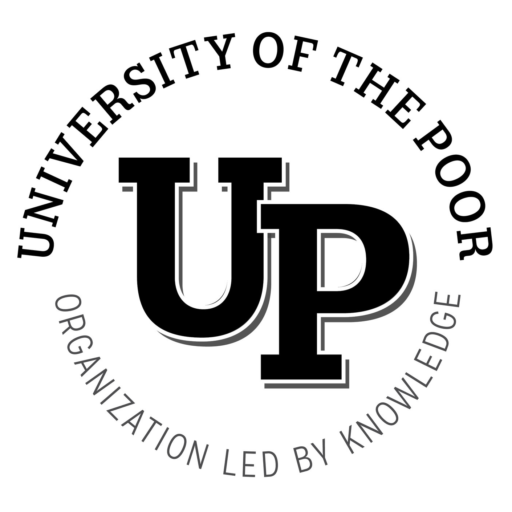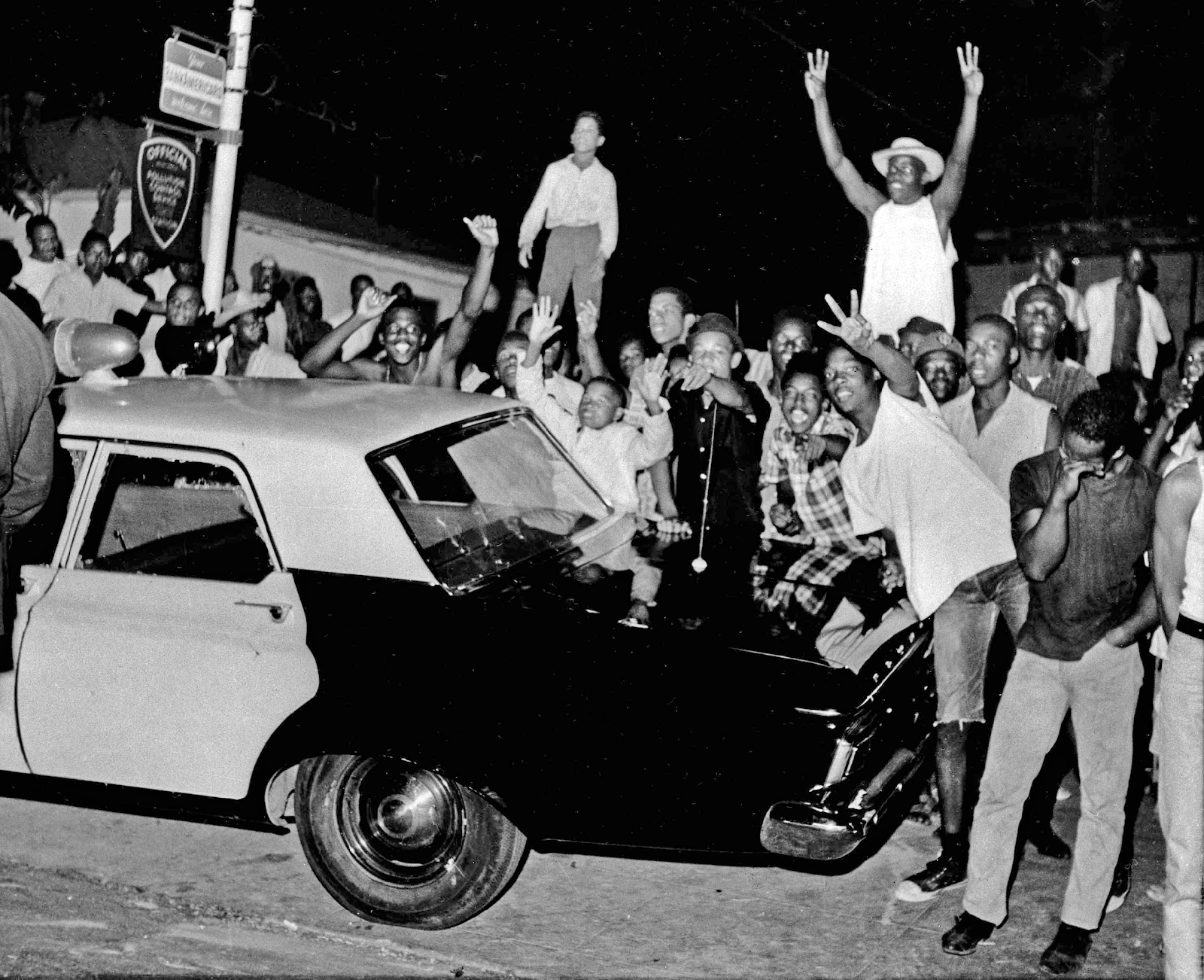By Luis Valenzuela, Ph.D.
Translated from the original Spanish. Click here for Spanish language article.

Chile has been living through a period of political effervescence during the past several months. This is in part due to the efforts of the majority of Chilean society to generate significant structural changes in the political, economic and social system that governs this South American nation.
To understand this process, it is important to point out some historical precedents:
Since the overthrow of the Salvador Allende government in 1973, led by Augusto Pinochet and other military officers, Chilean society has been immersed in a systematic process of loss of civil rights and the violation of human rights. The military dictatorship not only left thousands dead and missing, it established a political and economic system that according to the Chilean rightwing, should be the model to follow for other nations on the continent. One of the first measures taken by the dictatorship was to eliminate the laws that protected the fundamental rights of its citizens, such as the right of every citizen to belong to a political party of their choice and the right of workers to join a union. In addition, the dictatorship eliminated all of the social programs that were developed by the Allende government. At the same time, the military and the Intelligence Services of the state conducted a violent campaign of political repression, thereby creating the necessary conditions for the establishment of the free market model, or neoliberalism.
To ensure that the establishment of this model was successful, Pinochet imposed a new constitution in 1980, which defended neoliberalism and sanctified private property. This was done through economic incentives, primarily those coming from the Chilean state and resulted in sacrificing funding for social programs that were designated for health, education, pensions and others. The rest is history. For 17 years, Chile suffered one of the worst dictatorships of Latin America, characterized by an excessive increase in poverty and the concentration of wealth left in the hands of a few national oligarchs and in the financial sector of the U.S.
In October 1988, after many years of resistance and struggle, the Chilean people said “NO” to the dictatorship through a plebiscite that removed Augusto Pinochet from power in 1990. From that moment forward, a strong social movement emerged in Chile, composed of people who had been fighting for a democratic government. They also demanded profound changes in the political system which would reverse damages caused by the dictatorship and the free market model.
The leap from a dictatorship to a democratic system did not, however, signify a deep change in the Chilean political system. Very much the contrary. Poverty and social inequality grew in proportions never seen before, but these realities were hidden by the strength of the Stock Exchange of Santiago. According to the Right, the numbers showed great economic growth, and Chile would become a point of reference for the emerging economies of the region.
The social struggles continued. In 2006 a large movement of high school students erupted, called the Penguins’ Revolution (so named because of their white and dark blue school uniforms). The students expressed their demands for the right to a quality and free education for all, and against the privatizations imposed by the military dictatorship at the beginning of the 1980’s.
Subsequently, in 2019 Chile experienced what is known as the Estallido Social, or Social Outbreak. The citizens of Santiago hit the streets in protest of increases in the cost of public transportation. As things progressed, the protests expanded to include denunciations of the high cost of living, paltry pensions, the high cost of medicines and poor healthcare in general. Perhaps the most significant aspect of these social movements was the broad rejection of the Chilean political class. These demonstrations left 32 dead and 3,400 civilians hospitalized. Finally, under great social pressure, the rightwing government of Sebastian Piñera proposed a New Social Agenda. This agenda included special popular vote, or plebiscite, to ask citizens if they supported the creation of a Constitutional Convention, whose principal responsibility would be to draft a new constitution for Chile.
The plebiscite was held on October 25, 2020, in which 80 percent of the citizenry voted to create a Constitutional Convention. Then on May 15 and 16, 2021, elections were held to elect the 155 members who would make up the Convention. The right wing suffered a great defeat in those elections: the independent, progressive and left-wing representatives obtained more than two-thirds of the seats, 17 of those chosen were representing exclusively the indigenous peoples of the nation. And if that wasn’t enough, the Constitutional Convention elected, democratically, Elisa Loncón, a Mapuche woman, as president of this body that will have one year to draft a new constitution.
The Constitutional Convention is just beginning to work on its internal regulations with some difficulty, due to the sabotage carried out since its first meeting by sectors of the Right who don’t agree with the results of the election or the political profile of its participants.
The Chilean bourgeoisie is aware that, most likely, the new constitution will strip them of the judicial tools that historically have allowed them to plunder the economic resources of the country. It will not be at all easy for the Convention members and for the Chilean people to resist the attacks that will surely be perpetuated against this democratic organization. During the electoral campaign of the constituents, the vast majority of candidates put forward issues that they considered should be included in this fundamental document:
1. That the new constitution recognize native peoples, who for generations have been fighting for their rights and their territories, as has been the case of the Mapuche people. It is worth highlighting that in Chile, there is currently an “anti-terrorist” law that was designed and passed exclusively to fight, through violence, the self-defense actions conducted by the Mapuche community. At the same time, it has been proposed that the Republic of Chile be considered a Plurinational State, that is, as Mapuche journalist and activist Pedro Cayuqueo expressed, “the recognition of the diversity of nations that make up the State.”
2. To include the right to quality and free education for all, ending the decades of privatizing education in Chile.
3. The right to have access to a free and high-quality public health system, as a fundamental requirement for a functioning society.
4. The right to have access to a public transportation system that has affordable fees, as a fundamental condition to facilitate the mobility of the people to conduct their everyday activities.
5. That the constitution guarantee the respect of diversity in all its expressions, in terms of race, sexuality, gender and others. That Chile stand out as being inclusive in every sense of the word.
6. The right to a job, as a basic pillar for the economic maintenance and integral human development of all.
7. That the constitution assures the creation of a pension system that offers decent pensions for all Chilean workers of retirement age.
8. The protection of the environment, through the development of sustainable energy sources and the nationalization of natural resources, such as water, native forests and biodiversity that should belong to all Chileans. Chile is one of the few countries that has privatized such an essential resource as water.
These are only some of the points of discussion that representatives have included in the agenda for the Constitutional Convention. The questions remain: Will the Chilean oligarchy allow these rights to be included in the Constitution? What type of repressive measures will the Chilean bourgeoisie adopt to stop this process of social change? What will be the response of the Chilean people to these proposed changes?
The only thing certain at this time is that to carry out this political transformation in Chilean society, it will be necessary to support, through massive popular mobilizations, the arduous and difficult work that lies ahead for the Constitutional Convention.




[…] Click here for article in English. […]